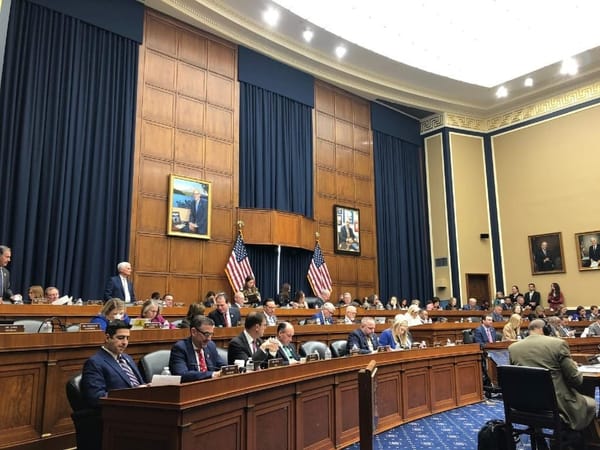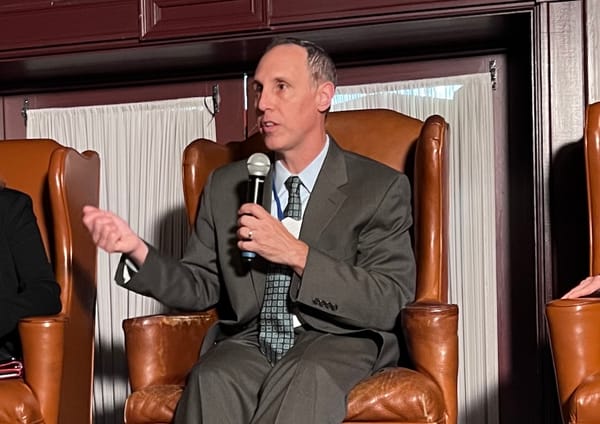Broadband Experts Give Biden's Internet Legacy Mixed Remarks
The $42.5 billion BEAD initiative emerged as the administration's greatest achievement though its implementation drew mixed reviews.

The $42.5 billion BEAD initiative emerged as the administration's greatest achievement though its implementation drew mixed reviews.

WASHINGTON, Jan. 10, 2025 — The Biden administration's handling of broadband policy earned mixed reviews from telecommunications experts on Wednesday, with most giving the administration a "B" grade for its efforts to expand high-speed internet access while noting significant delays in fund distribution.
During a Broadband Breakfast Live Online event, panelists highlighted the administration's historic $42.5 billion Broadband Equity, Access and Deployment program as both its greatest achievement and a source of criticism due to its slow rollout.
"The lasting benefit is that broadband now and in the future is going to be considered part of infrastructure," said Andrew Lipman, partner at Morgan Lewis. "The digital equity plan was a huge benefit and mapping is improved... but they fell short on a number of instances."
 Broadband BreakfastAndrew Lipman
Broadband BreakfastAndrew Lipman

What constitutes an 'invidious' DEI policy in regulators' eyes?

Democrats warn the law will fall flat without a functional FTC to enforce it.

Providers had asked for several changes, including to how the agency determined the presence of unsubsidized competitors.

Supporters argue the bill would preserve agency expertise in complex rulemaking